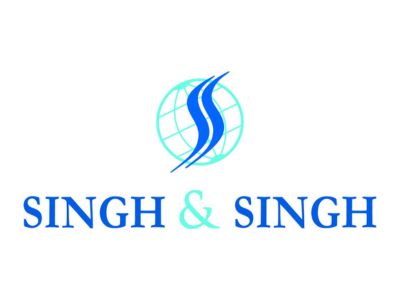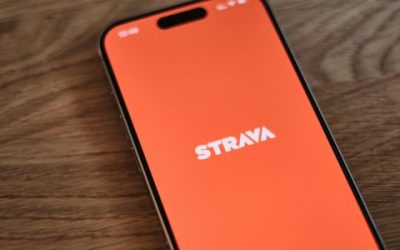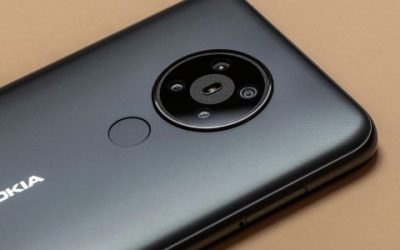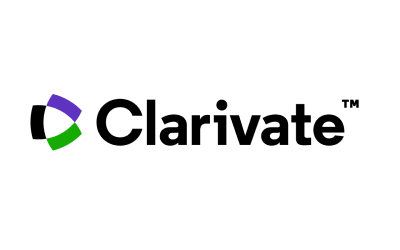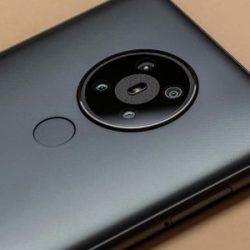The Delhi High Court, in a judgment dated 13.07.2023, has quashed the investigations being conducted by the Competition Commission of India (“CCI”), the market regulator in India, into allegations of abuse of dominant position against Ericsson for exercise of its patent rights. The verdict recognizes that acts of enforcement of patent rights under the Patents Act cannot be the subject matter of scrutiny of the CCI.
Background
Ericsson holds a huge portfolio of Standard Essential Patents (SEPs)[1] related to telecom technologies[2] which are standardized by standard setting organizations (SSOs) like 3GPP, ETSI etc., that are required to be implemented in India by all equipment manufacturers[3].
The owners of SEPs as per the IPR policy of a concerned SSO make a voluntary commitment to negotiate licenses for their portfolio on FRAND[4] terms with prospective willing licensees.
Pursuant to this commitment, Ericsson approached various Indian mobile handset manufacturing companies for negotiation of FRAND licenses owing to their infringing activities. However, negotiations did not fructify with companies such as Micromax, Intex, and iBall, after which Ericsson was compelled to approach the Delhi High Court seeking enforcement of its patent rights. Several interim orders were successfully procured for Ericsson.
These protective orders[5] became a catalyst for such companies to approach the CCI alleging abuse of dominant position by Ericsson, claiming that Ericsson used the threat of injunctive relief and that the rates offered by Ericsson were supra-FRAND, while determination of the same was pending in the above Court proceedings.
On these complaints, CCI directed the initiation of an investigation[6] against Ericsson for alleged abuse of dominant position. Aggrieved by said orders, Ericsson approached the Delhi High Court challenging the jurisdiction of CCI to conduct the investigation to begin with as such orders impinged upon Ericsson’s rights as a patentee.
In a judgment dated 30.03.2016, a Single Judge of the Delhi High Court observed that the Patents Act was a complete code, dealing with allegations of abuse of patent rights and a special statute as far as patent rights are concerned. Ericsson’s petitions, however, were dismissed on the ground that the Competition Act provides remedies different from the Patents Act and that there is no irreconcilable repugnancy between the two statutes.
The Court observed that CCI will have jurisdiction to deal with complaints pertaining to abuse of dominance even when exercising patent rights.
Judgment
It is this judgment which has been set aside by the appellate court of the Delhi High Court in judgment dated 13.07.2023. Some of the key findings are as follows:
- The question of whether a patent license will affect competition adversely within India or will amount to abuse of dominant position is not reserved for CCI alone.
- The CCI has jurisdiction to examine allegations of abuse of dominant position affecting market conditions generally. However, this does not extend to reasonable conditions forming part of a license granted by a patentee. As a corollary, even the assessment of abuse of dominance by a patentee in executing a license is within the exclusive domain of the Patents Act.
- The subject matter relevant to the dispute is allegations of abuse of dominance by a patentee in exercising their rights under the Patents Act, which is adequately addressed under the Patents Act. In this respect, the Patents Act, being the special statute, will prevail over the Competition Act.
- Pertinently, the Court clarified that if there is an inter se settlement between parties, the CCI proceedings seize immediately as the very reason for initiation of the proceedings stood resolved.
Based on these observations, the Delhi High Court ultimately quashed the various proceedings pending against Ericsson before the CCI.
Quote:
“The judgment brings much needed clarity vis-à-vis the boundaries of operation between patent and competition laws in India especially in view of the stand taken by CCI that it is not a price regulator which will determine FRAND.”
[1] SEPs are those patents which are necessarily infringed by an implementer that manufactures, sells, offers for sale etc. a device that complies with the concerned standardised technology.
[2] Such as 2G, 3G, 4G etc.
[3] Department of Telecommunications requires that all network service providers enter into the Unified Access Service License Agreement in respect of GSM/CDMA technologies available at https://dot.gov.in/sites/default/files/UAS%20license-agreement-19-12-2007.pdf?download=1
[4] Fair, Reasonable and Non-discriminatory terms
[5] Interim injunction/ payment of interim royalty orders
[6] Vide orders dated 12.11.2013 and 16.01.2014, respectively

Written by Saya Choudhary Kapur
Partner, Singh & Singh Law Firm LLP

Written by Vrinda Bagaria
Principal Associate, Singh & Singh Law Firm LLP
You may also like…
Survival of the fittest: Strava sues Garmin for patent infringement
Fitness app company Strava has recently made waves in the running and cycling communities after suing Garmin for...
FRAND compliance and conditional injunctions: key lessons from China’s VoiceAge v. HMD SEP decision
Case background and conditional injunctions A recent ruling by the Fuzhou Intermediate People’s Court has drawn...
Clarivate delivers new AI-powered solutions within Innography for competitive benchmarking and standard-essential patent analysis
AI Classifier delivers patent classification with up to 97% first-pass accuracy for portfolio benchmarking, while SEP...
Contact us to write for out Newsletter



